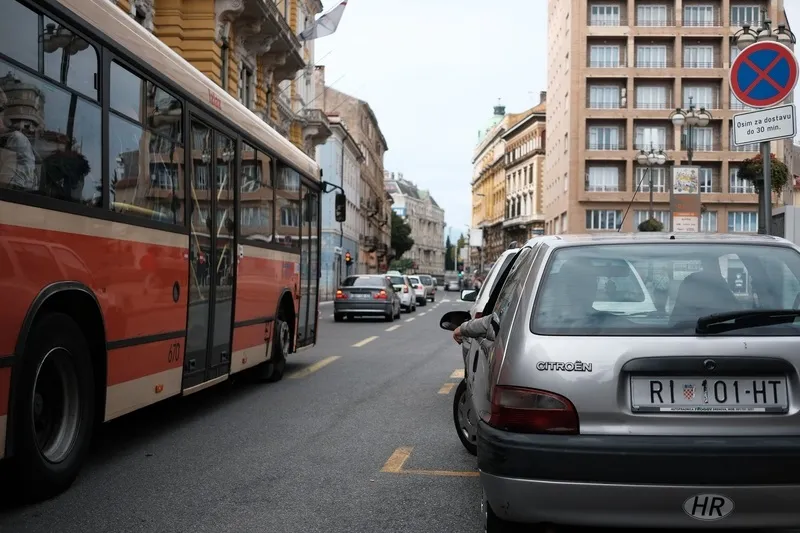The Institute of Advanced Motorists (IAM) has reacted with dismay at the lack of priority given to cutting deaths on UK roads by the main political parties in their election manifestos.
Despite road accidents being the leading cause of death for males and females between five and 19, and the third leading cause of death for both males and females aged 20-34 in England and Wales, no party has published any long or short-term initiatives to tackle such a significant cause of death amongst young people.
April 24, 2015
Read time: 2 mins
The 6187 Institute of Advanced Motorists (IAM) has reacted with dismay at the lack of priority given to cutting deaths on UK roads by the main political parties in their election manifestos.
Despite road accidents being the leading cause of death for males and females between five and 19, and the third leading cause of death for both males and females aged 20-34 in England and Wales, no party has published any long or short-term initiatives to tackle such a significant cause of death amongst young people.
Sarah Sillars, IAM chief executive officer, said: “The forthcoming general election would have been the perfect opportunity for the political parties to show what a commitment they had to cutting the numbers of young people losing their lives in accidents that are entirely preventable.
“Instead, they’ve chosen to sweep the problem under the carpet, and ignore the issue until they are pressured to talk about it by campaigners and the public.”
Sarah added: “It is a massive disappointment that the major political parties are treating the issue of improving safety on the roads as an irritation rather than one they should have an instinctive desire to tackle.”
Sarah concluded: “There are many schemes that can be implemented at low-cost that will pay for themselves many times over thanks to the benefits society will gain from having fewer killed and injured.
“Experts often talk about the first 100 days of a new government. The first 100 deaths will occur before the end of May. That is how important it is that politicians show leadership and give road safety the priority it demands."
Despite road accidents being the leading cause of death for males and females between five and 19, and the third leading cause of death for both males and females aged 20-34 in England and Wales, no party has published any long or short-term initiatives to tackle such a significant cause of death amongst young people.
Sarah Sillars, IAM chief executive officer, said: “The forthcoming general election would have been the perfect opportunity for the political parties to show what a commitment they had to cutting the numbers of young people losing their lives in accidents that are entirely preventable.
“Instead, they’ve chosen to sweep the problem under the carpet, and ignore the issue until they are pressured to talk about it by campaigners and the public.”
Sarah added: “It is a massive disappointment that the major political parties are treating the issue of improving safety on the roads as an irritation rather than one they should have an instinctive desire to tackle.”
Sarah concluded: “There are many schemes that can be implemented at low-cost that will pay for themselves many times over thanks to the benefits society will gain from having fewer killed and injured.
“Experts often talk about the first 100 days of a new government. The first 100 deaths will occur before the end of May. That is how important it is that politicians show leadership and give road safety the priority it demands."








